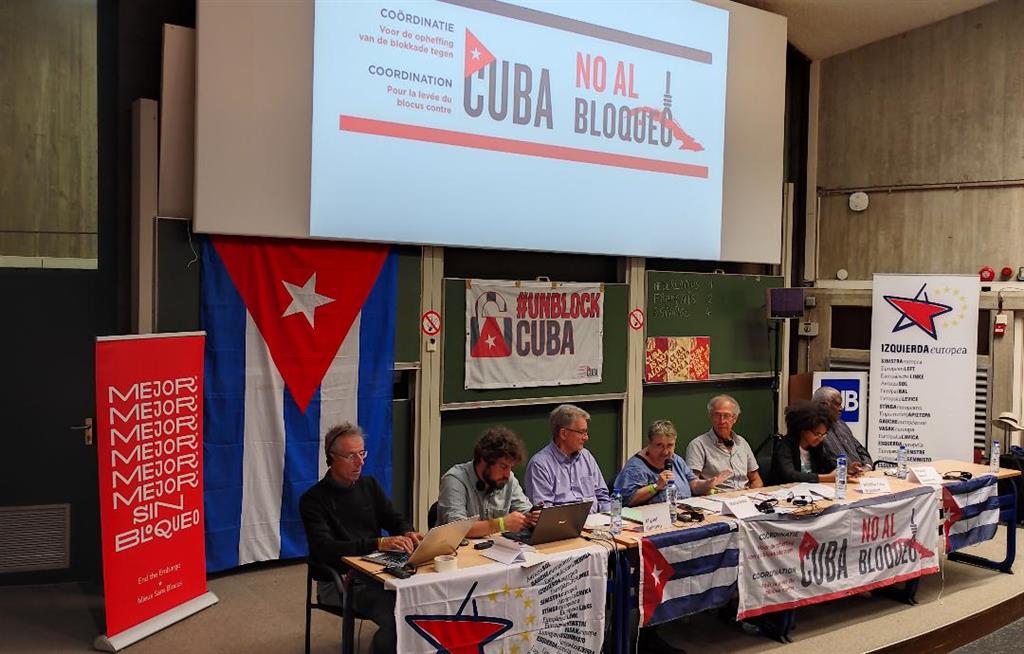At the Free University of Brussels, venue of the two-day forum, a panel with civil society actors from several countries addressed the nature of the blockade applied by Washington for more than 60 years and its impact on the daily life of the inhabitants of the island.
The vice dean of the Faculty of Law of the University of Havana, Yuri Pérez, shared with the dozens of people present in one of the rooms of the Summit the real objectives of the blockade, which are destabilization and forcing political changes in Cuba.
It is a very complex system of measures and laws, of a unilateral nature, that violates international law.
The first vice president of the association Cuba Coopération France (CubaCoop), Miguel Quintero, and the president of Netzwerk Cuba-Germany, Angelica Becker, also condemned the blockade and its impact.
Quintero analyzed in particular the extraterritorial scope of the blockade and its consequences on the banking system, with European entities avoiding links with the Caribbean country for fear of U.S. sanctions.
The debate on the first day of the Peoples’ Summit dealt with the tightening of the blockade imposed on Cuba, with measures such as its inclusion in the unilateral list of countries sponsoring terrorism, a decision repudiated by the speakers.
Because of the crime that the blockade represents, the leader of the European Left Party Maite Mola demanded that the United States should be the one to be on its own list.
mh/arm/mv/wm










